Building local capacity to produce life-saving hypertension medicines in Nigeria
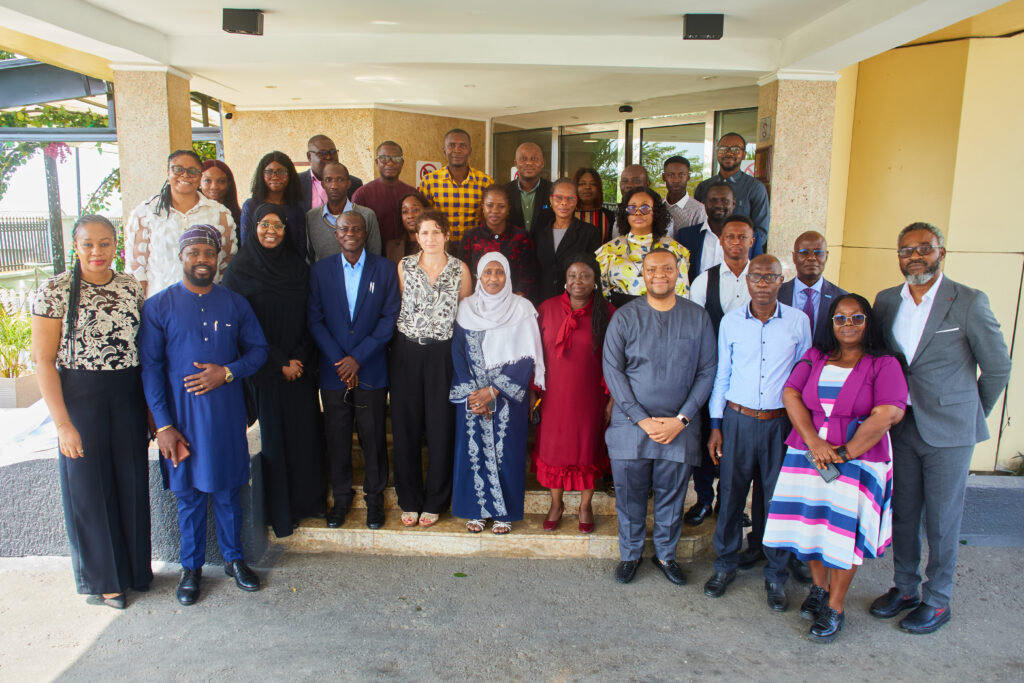
To make hypertension medicines more affordable in Nigeria, Resolve to Save Lives and partners trained local manufacturers on quality production practices. The initiative aims to boost local supply of safe, effective cardiovascular drugs.
Babatunde Fashola Joins Resolve to Save Lives Nigeria’s Board of Directors

JULY 18, 2025 (ABUJA, NIGERIA) — Today, Resolve to Save Lives Nigeria (RTSL Nigeria) announced the appointment of Mr. Babatunde Raji Fashola, SAN, a seasoned legal practitioner and public official, to the RTSL Nigeria Board of Directors. Resolve to Save Lives opened an office in Abuja in 2022 to strengthen partnerships for cardiovascular health and […]
How event-based surveillance is saving lives across Africa
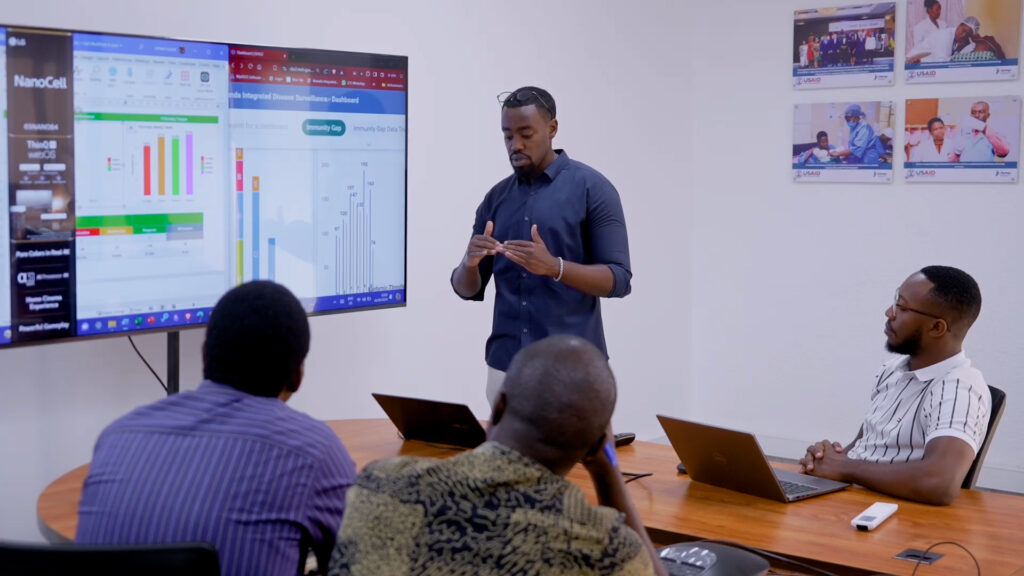
We partnered with National Public Health Institutes in five African countries to detect outbreaks faster using early warning signals.
Advancing subnational health security through legal reform in Nigeria
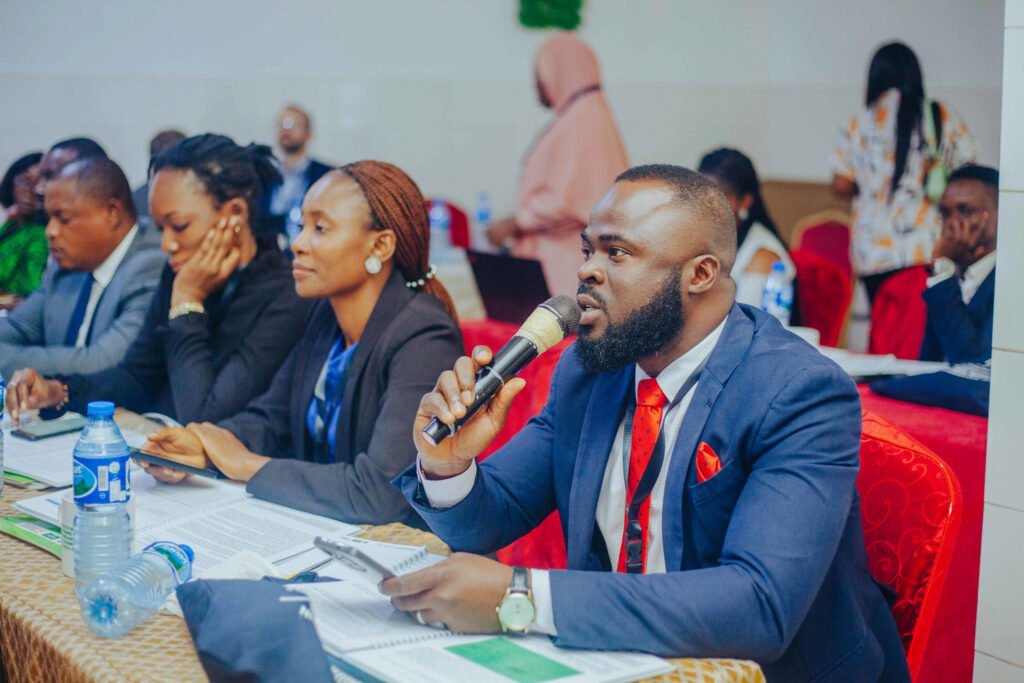
We spoke with Emem Udoh, a senior legal advisor at Resolve to Save Lives, to find out how his team is using state-level legal reforms to keep Nigeria safe from public health threats.
Activating leadership to strengthen Nigeria’s health security
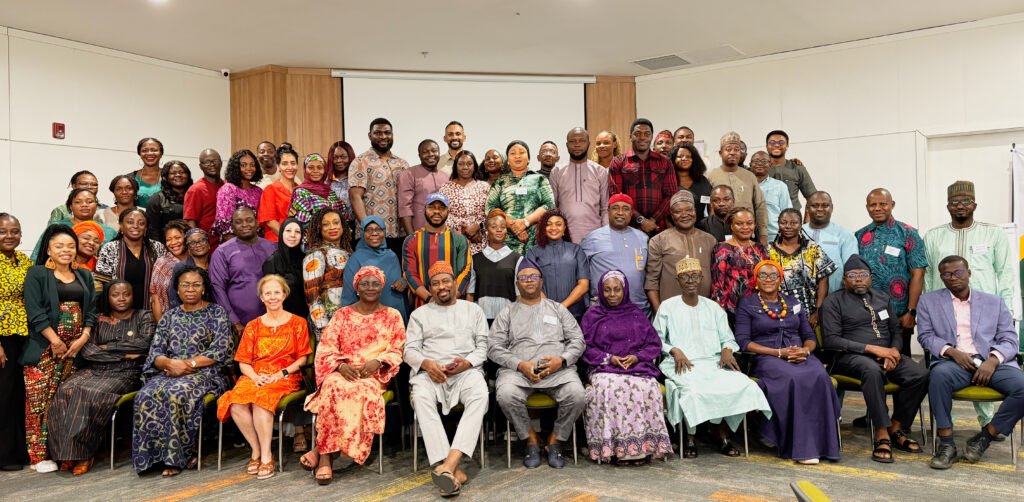
Leadership is an act, not just a position. Nigeria’s health security leaders join PMEP, our learning laboratory for global epidemic prevention management.
Analysis of costs in implementing the HEARTS hypertension program in Nigerian primary care
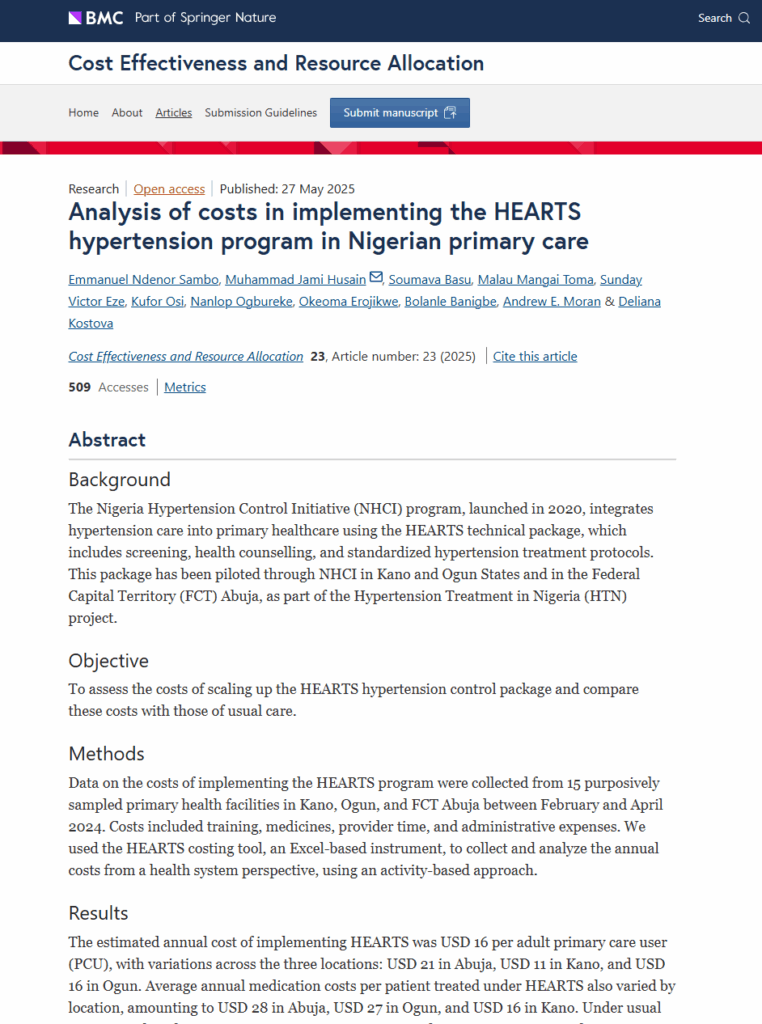
A new article co-authored by Resolve to Save Lives dives into the cost of scaling up HEARTS hypertension services in Nigeria to help prevent and control high blood pressure, and outlines the next steps to lowering the cost of HEARTS implementation. Abstract Background The Nigeria Hypertension Control Initiative (NHCI) program, launched in 2020, integrates […]
In Nigeria, this pilot program is making blood pressure treatment affordable for all
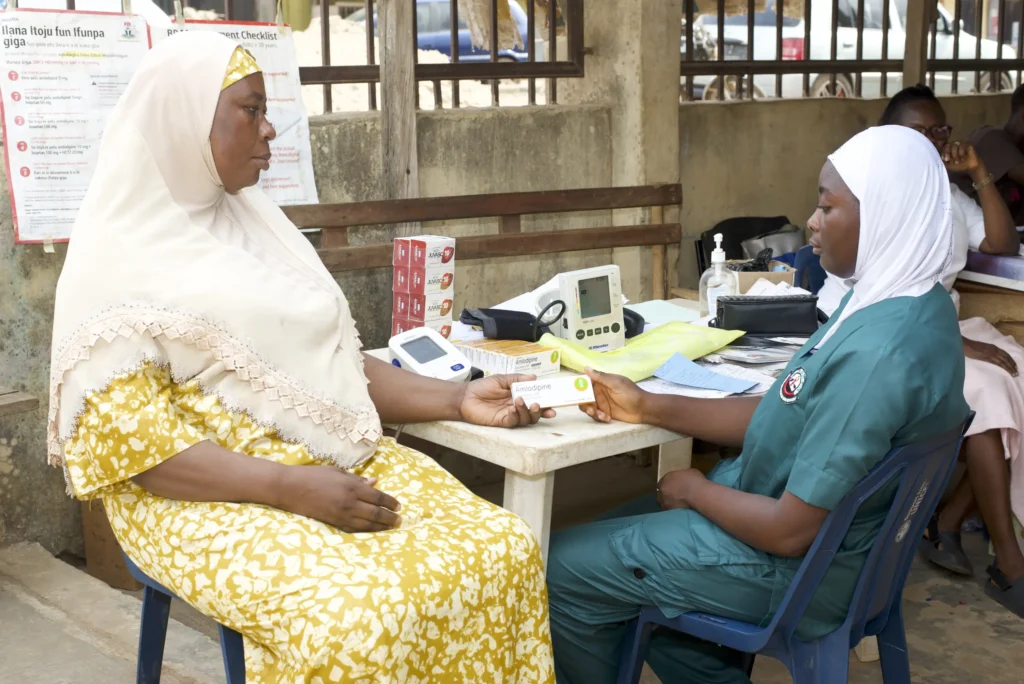
Streamlining makes quality treatment possible at a price patients can afford.
Development and Implementation of a Public Health Event Management System, Nigeria, 2018–2024
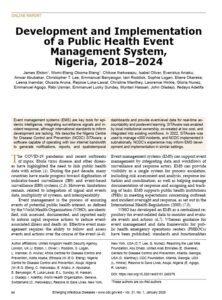
In a study published in Emerging Infectious Diseases, Resolve to Save Lives and colleagues explore the role of event management systems (EMS) in epidemic intelligence, focusing on the Nigeria Centre for Disease Control and Prevention’s (NCDC) SITAware software. EMS are essential for integrating surveillance signals and managing incident response, though international standards for their development […]
Nigeria launches National Sodium Reduction Guideline
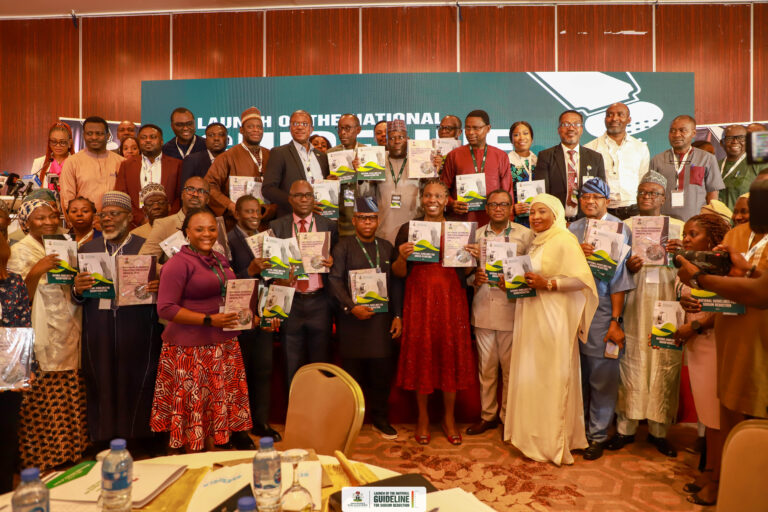
Evidence-based interventions include mandatory limits on sodium content in processed and packaged foods.
National guideline for the prevention and management of hypertension in Nigeria

National treatment guideline adopted in Nigeria to support the management of high blood pressure and improve access to medications.
Highlighting epidemic prevention at the 2025 Africa Health Agenda International Conference
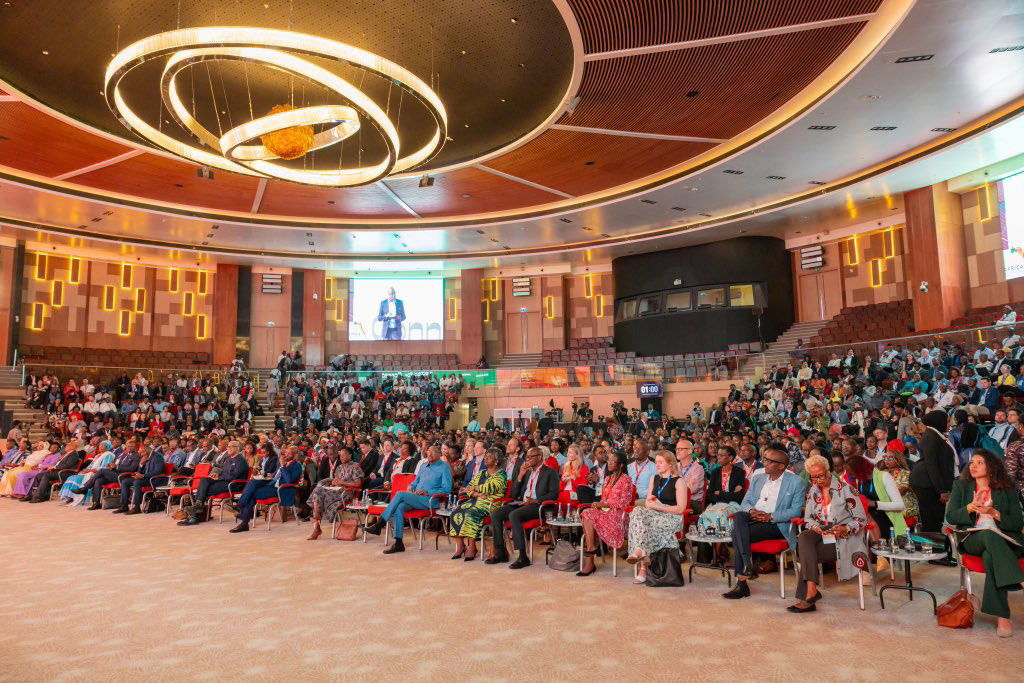
RTSL Nigeria’s Executive Director, Nanlop Ogbureke outlined three proven strategies to ensure countries can respond effectively to health threats.
Development of a Subnational Health Security Capacities Assessment Tool: Lessons From Nigeria and Implications for the Implementation of the Integrated Disease Surveillance and Response Strategy
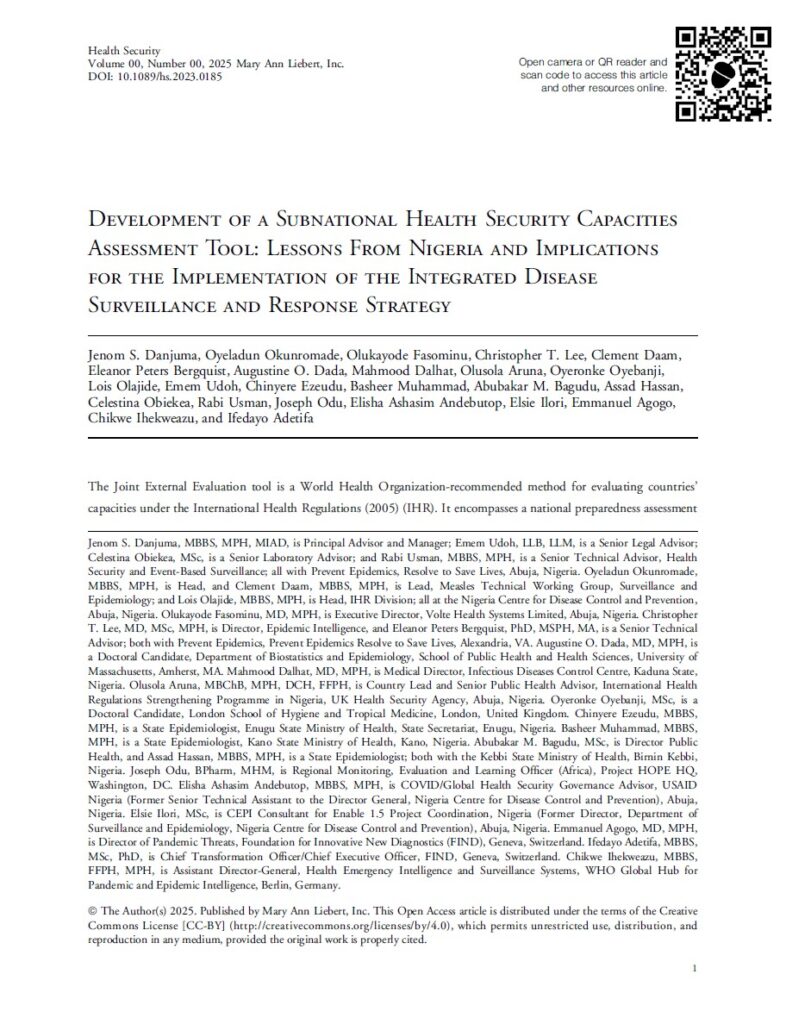
In a study published in Health Security, Resolve to Save Lives and partners introduce a tool for assessing subnational health security in Nigeria that evaluates state-level capacities under the International Health Regulations (2005) (IHR). With input from public health leaders and legal experts, the team used a legislative evaluation to determine feasible IHR activities within […]
Training lab techs to keep toxic trans fat out of Nigeria’s food
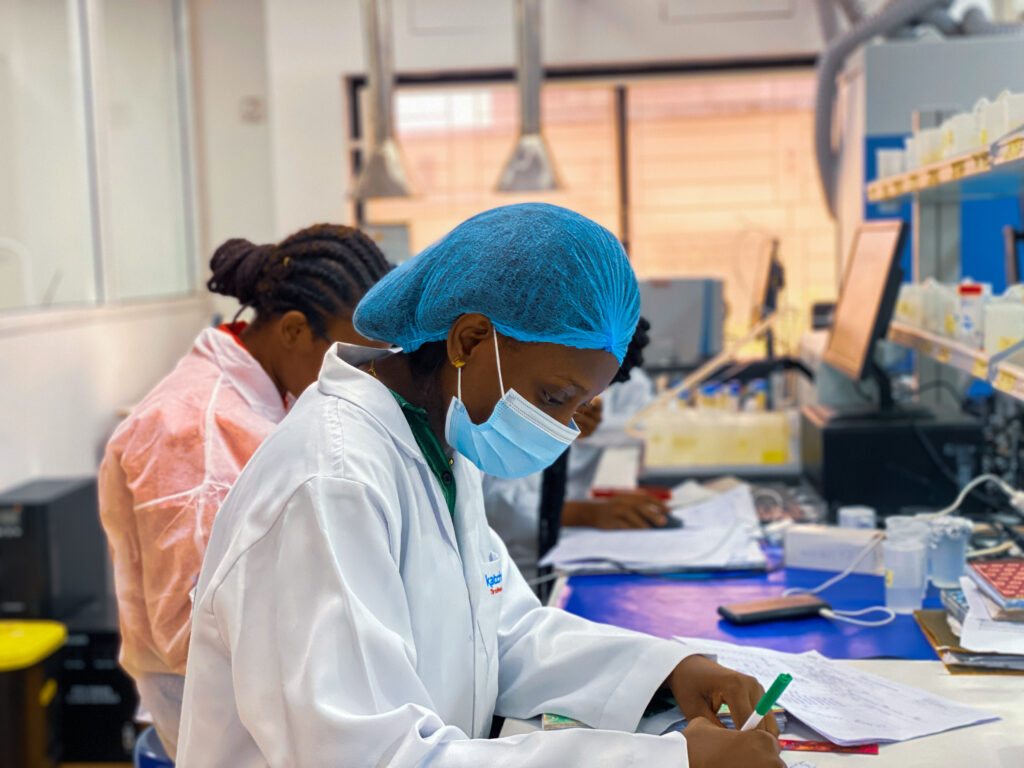
To effectively ban trans fat and enforce compliance, lab tachs need training on simple protocols.
Connect, detect, protect, treat: learnings from implementing Epidemic-Ready Primary Health Care
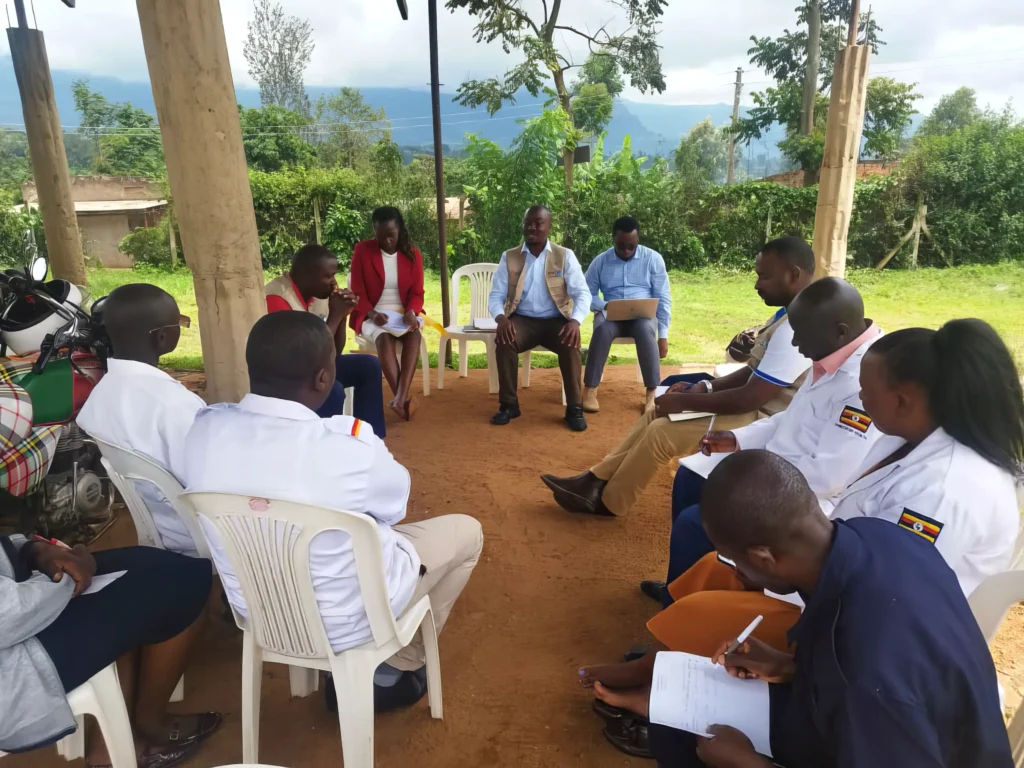
Resolve to Save Lives is partnering with primary health facilities to make sure they’re ready to stop the next epidemic.
Training health care workers to prevent epidemics—with their smartphones

Resolve to Save Lives partnered with HealthLearn to develop free, mobile-optimized training courses that help frontline health care workers recognize, report and contain infectious disease outbreaks. Recently, one of these training modules was released as a standalone to support Nigeria through a cholera outbreak, allowing frontline workers to more effectively identify and report suspected cases […]
Training health care workers to prevent epidemics—with their smartphones

Resolve to Save Lives and our partners at HealthLearn developed free, mobile-optimized training courses that help frontline health care workers recognize, report and contain infectious disease outbreaks.
Developing the 2024 National Action Plan for Health Security (NAPHS) Annual Operational Plan (AOP)
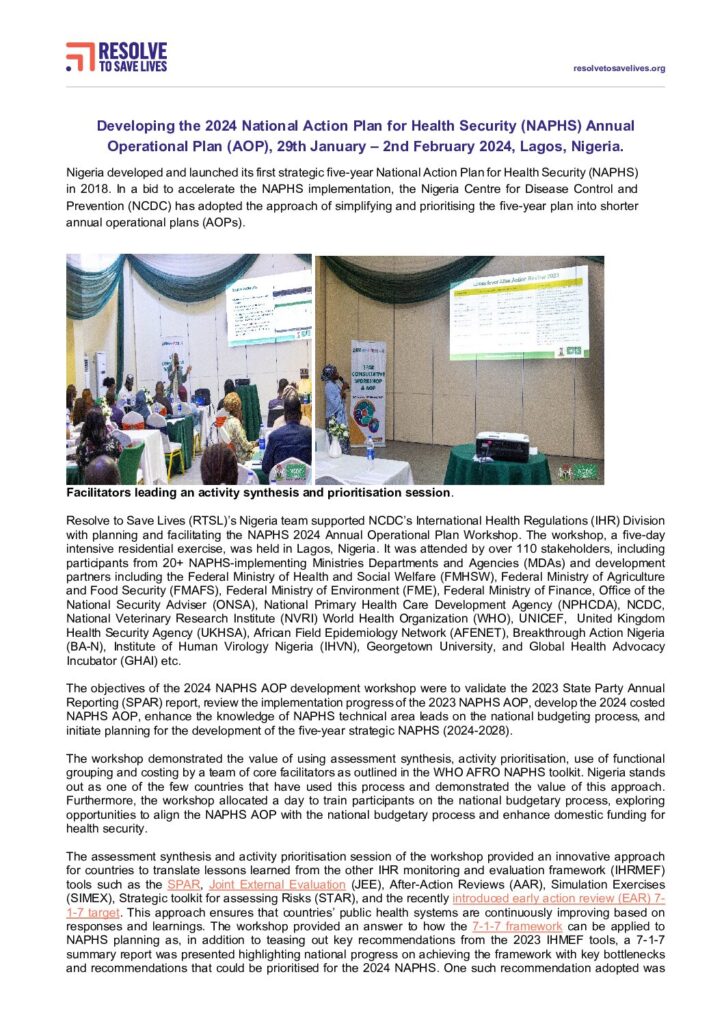
An overview of the process of developing the 2024 National Action Plan for Health Security Annual Operational Plan in Nigeria.
New policies in Nigeria will help save lives from heart disease
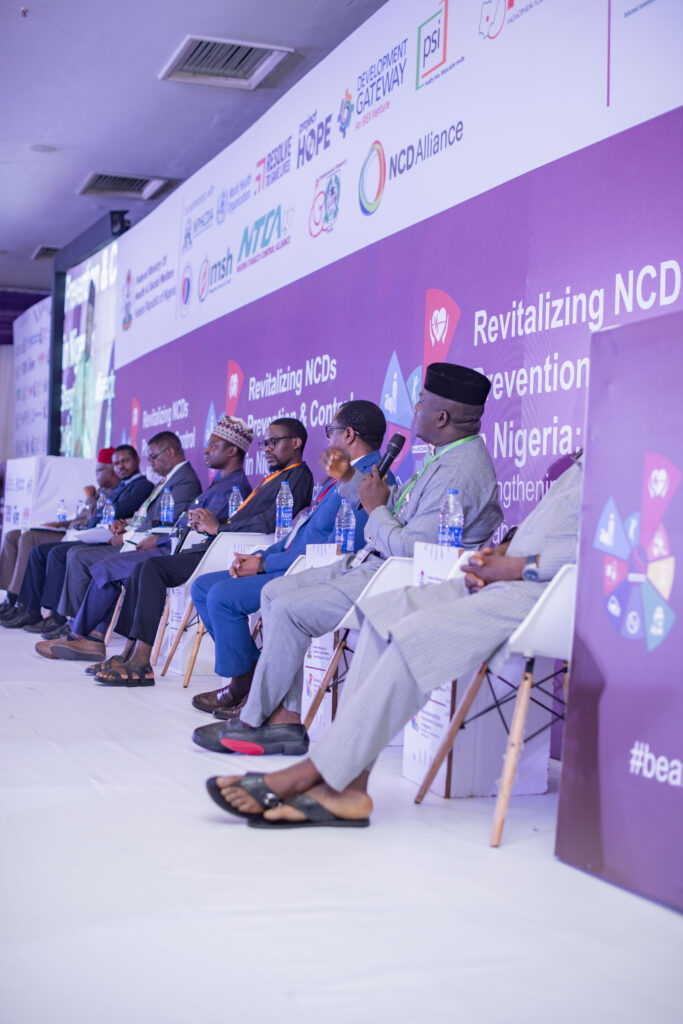
In partnership with Resolve to Save Lives, Nigeria’s Federal Ministry of Health and Social Welfare unveiled a bold new strategy.
Nigeria passes first subnational health security bill

Resolve to Save Lives recently supported the passage of Nigeria’s first subnational health security bill in partnership with the Nigeria Centre for Disease Control and Prevention and the Government of Kano State. This new law brings Kano State into alignment with International Health Regulations (2005) and will allow the state to better protect its people—and […]
How Kano became the first state in Nigeria to pass landmark health security law

Kano is the first state in Nigeria to adopt comprehensive subnational health security legislation.
Research Roundup: March to July 2024
At Resolve to Save Lives, we use our deep technical expertise to support countries in saving lives from the world’s leading killers. Check out these six peer-reviewed articles that RTSL staff contributed to last quarter!
Flexible funding for epidemic response is a game-changer
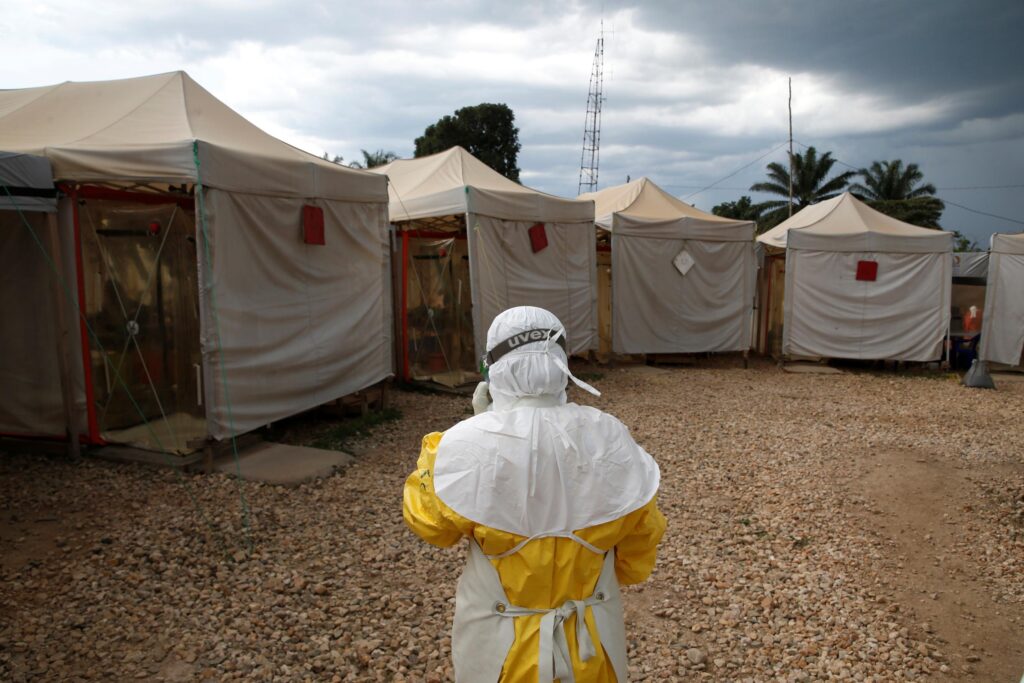
In her latest op-ed for Think Global Health, our Senior Vice President for Prevent Epidemics, Amanda McClelland, explains how early access to flexible funding at the first sign of an outbreak can save tens—or even hundreds of thousands of dollars—in addition to lives and livelihoods. Get the full story at Think Global Health.
Establishing Nigeria’s first subnational public health institute

This historic development makes Kano the first state in Nigeria to establish a public health institute at the subnational level.
Nigeria’s Kano State passes Public Health Security Bill into law

This landmark legislation—the first of its kind at the subnational level in Nigeria—establishes a robust framework for public health surveillance, emergency management, and the protection of health care workers during crises.
Strengthening laboratory systems to meet the 7-1-7 target
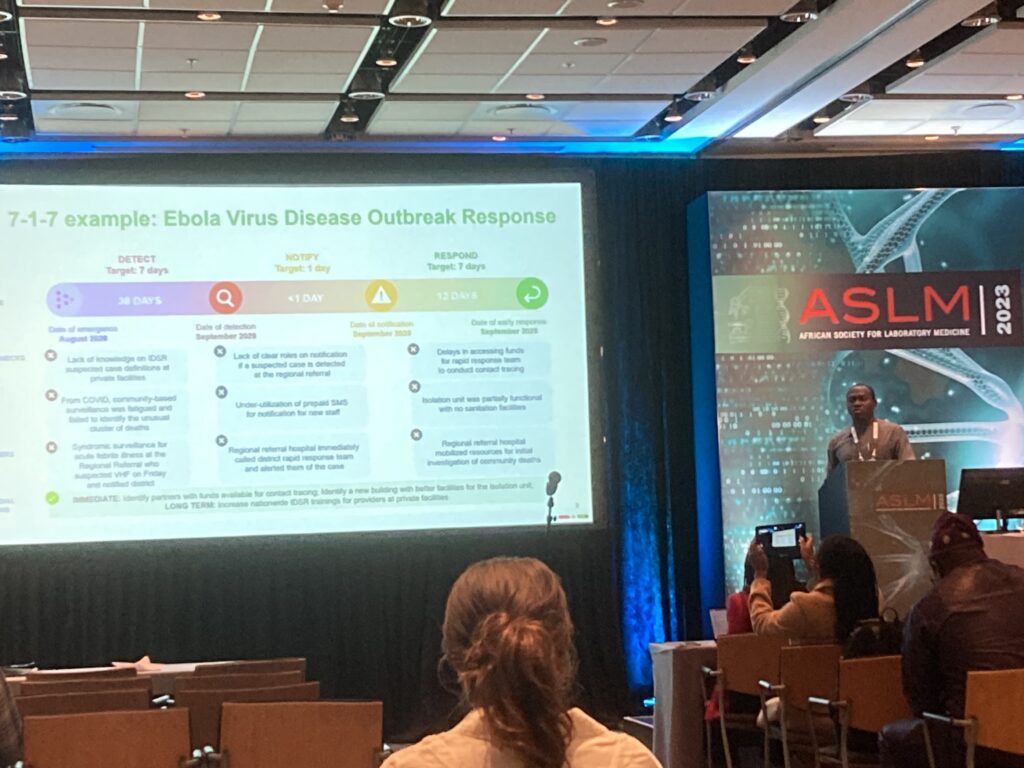
The 7-1-7 Alliance hosted a symposium at the annual conference of the African Society of Laboratory Medicine (ASLM) in Cape Town, South Africa. Panelists from the Nigeria Center for Disease Control and Prevention, ASLM, FIND and Makerere University Walter Reed Project discussed the crucial role of diagnostics in achieving the 7-1-7 target for outbreak detection […]
Training Nigeria’s frontline workers to spot priority diseases
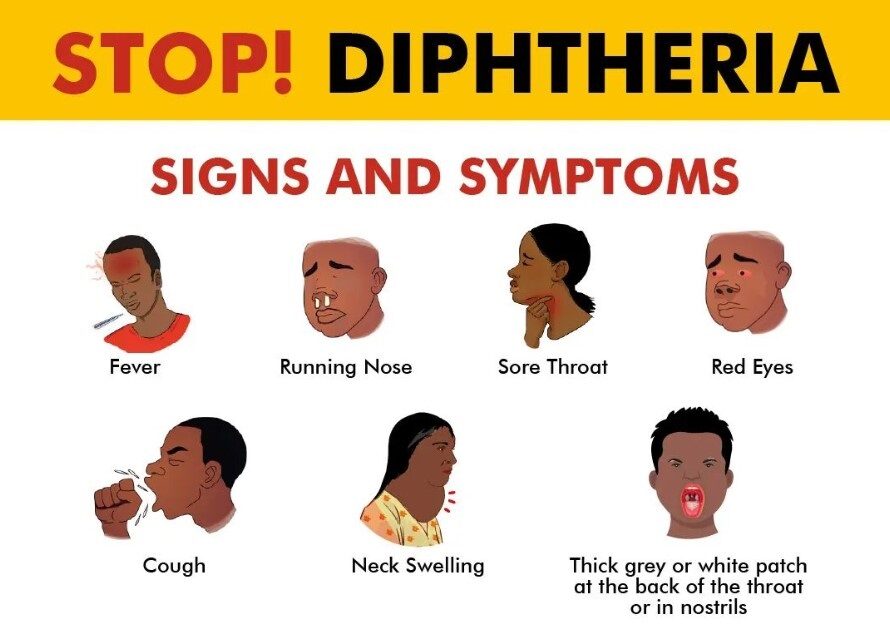
Through our partnership with the African Field Epidemiology Network, we’re piloting a mobile-first training course on six of the highest priority diseases in Nigeria to make sure primary health care workers can spot symptoms and report cases quickly.
Resolve to Save Lives Nigeria welcomes new Executive Director

Nanlop Adenike Ogbureke joins Resolve to Save Lives as Executive Director in Nigeria with more than 20 years of experience in the health sector.
Resolve to Save Lives Nigeria welcomes New Executive Director

NOVEMBER 20, 2023 (ABUJA, NIGERIA)—Resolve to Save Lives announced today the appointment of Nanlop Adenike Ogbureke as its new Executive Director in Nigeria. She will oversee a technical and operations staff of 11, facilitate effective coordination and implementation of program activities, as well as foster and maintain productive relationships with government and non-governmental stakeholders within […]
Putting hypertension courses in the palm of health workers’ hands in Nigeria
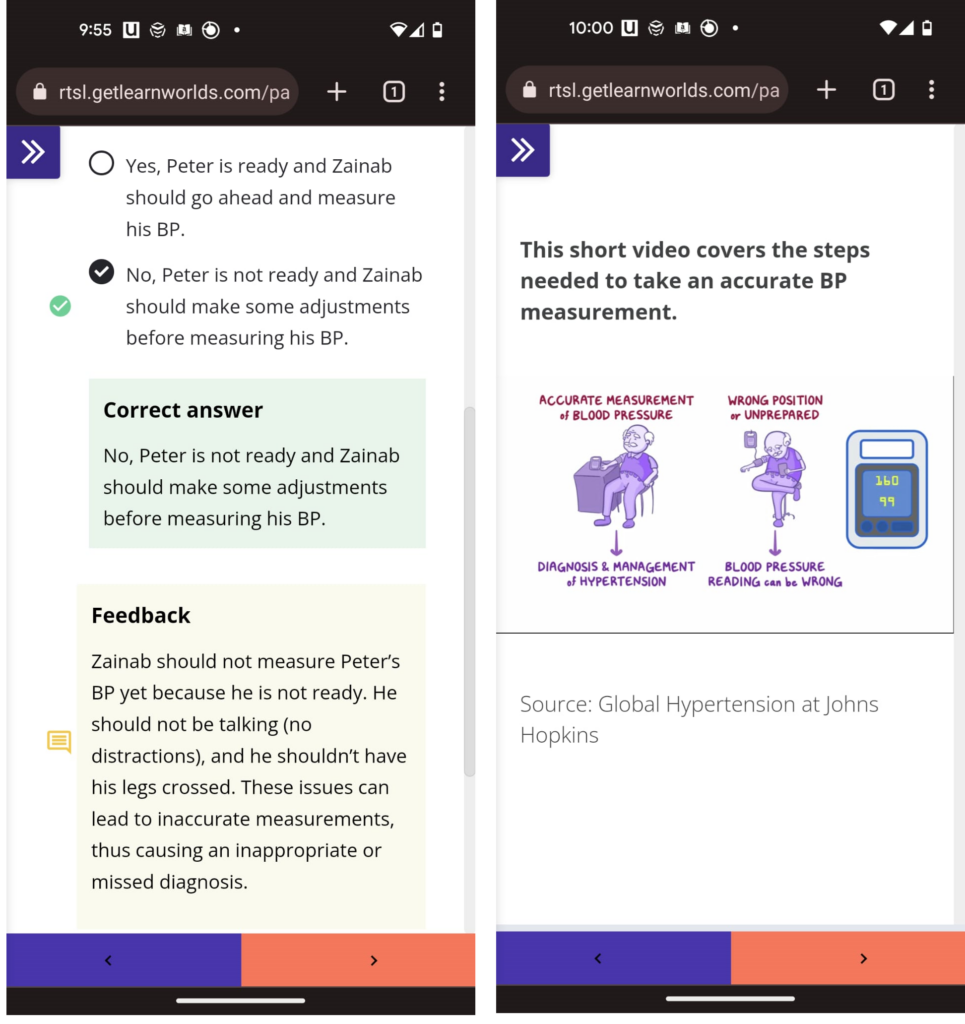
An effective, lower-cost alternative to traditional, in-person training.
Launching our new Epidemic-Ready Primary Health Care program
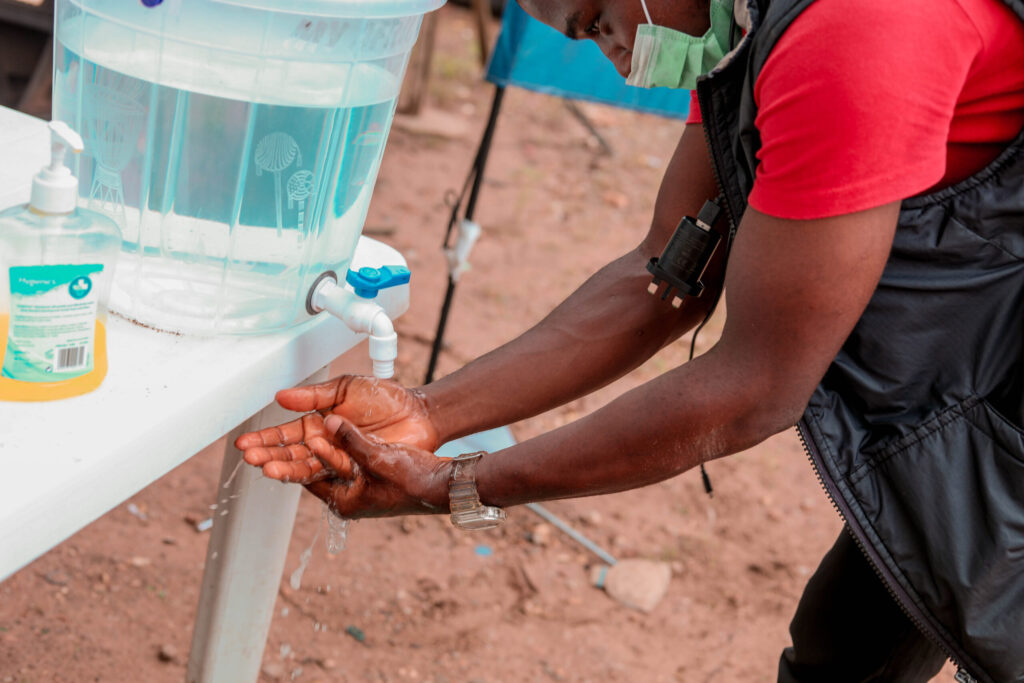
In Ethiopia, Nigeria, Sierra Leone, and Uganda, we’ll support primary health facilities to detect outbreaks promptly and safely deliver essential services.